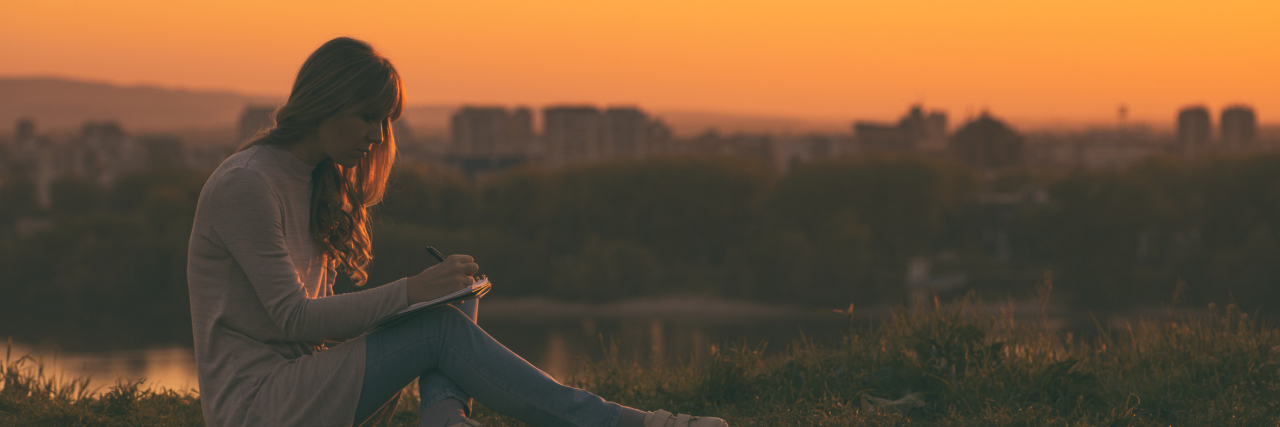Creative writing has always been there for me… well, since first grade if we’d like to be more specific. It has been there for me ever since, in 2001, my first grade teacher in Ohio, gave us our first creative writing topic.
We had just read a story about boats and ships, and so the topic was, “On a Ship.” And so, I couldn’t tell you the specifics of my story, but it was far from brief (for a first-grader anyways, keep in mind).
There was room for a drawing at the top, but I didn’t care so much for that part. I was never the best at drawing realistic things, even if I did love scribbling and doodling. I was more entranced by the fact I could put words on paper that were all mine.
This story belonged to me, came from within my mind. There was something special about that. I remember asking my teacher for extra pieces of paper as well as extra time to write. She granted it to me, and with a smile, she called me “a long-winded writer.”
Over the years, my creative writing passion has bloomed like a flower — ranging from the short books my twin sister and I created in second grade to share with our parents and classmates, to the novel I am currently writing in graduate school as I pursue my master’s degree in fine arts… with lots in between!
Today, I love to write fiction stories with characters both similar to me and yet so uniquely different. These characters are often culminations of several different people in my life twisted together, with a dash or so of pure imagination and inventiveness to complete. I also write nonfiction, such as here on The Mighty. I love to educate others through my writing. Additionally, I write poetry and I journal, mostly as a means to get the feelings out and process my past and present, while sometimes even planning for the future.
And what does this have to do with mental health, you may ask?
It has everything to do with mental health, or at least that’s how I see it. Creative writing has always been the best way for me not only to communicate to others what is going on with me, but for me to communicate it to myself, whether directly through journaling or less directly through metaphors and fictional beings.
Being able to write creatively is also a coping skill for me. It has, with no exaggeration here, saved my life on more than one occasion. It has helped me simultaneously distract myself from my pain and process components of what I am going through, whether I realize it or not.
Instead of turning to self-destructive behaviors, I like to turn to writing; and it doesn’t need to be well-written or a literary work! In fact, during times of major distress, just getting the thoughts out or writing a silly poem (again, a good distraction!) can do the trick to take me out of that headspace.
Writing has also made me feel less alone. As a neurodivergent person who also has depression, anxiety and trauma, turning to my imaginary characters and the written word has helped me find connection even during times when it is lacking (such as, during a global pandemic or an episode of depression or stress).
Lastly, my ability and passion for creative writing has not only helped me, or so I have been told. I have had friends, family and strangers who follow me on my public mental health and neurodiversity-based Instagram account (@obsessive.but.awesome) tell me my writing has helped them. I have received feedback here on The Mighty at times, too. I know it isn’t because I am a literary genius or the most gifted writer out there, but moreover because of the passion and emotion I instill into my words, or so I believe.
I love to write and it has saved my life. It is one of my hobbies and passions that has remained consistent since I was in first grade in 2001… two decades later and I am still going strong! I hope to be a published novelist and poet one day, and until then (and likely long after as well), I will be posting my thoughts on the internet as a means of not only helping others, but to help myself, too.
Do you have a hobby or passion that has worked as a coping skill for you or made a significant difference in your mental health recovery? Let Kaden know in the comments!
Getty image by LittleBee80

